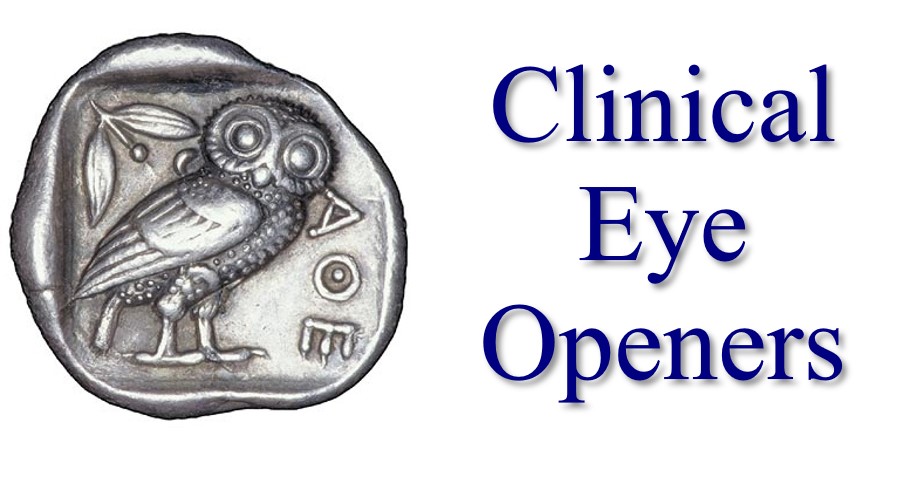A “Positive” Examination of First Degree Relatives Can Over-Rule All Other “Negative” Investigations
Sporadic (de-novo) mutations are very rare. When a patient is suspect of a Mendelian disorder (gene mutation), the presence of signs/symptoms of such mutation in a parent or sibling is indicative of its presence in the family. Therefore, the patient has a 50/50% chance to have inherited – a probability much greater than the alternative (that the signs/signals noted in the patient are due to some alternative genetic pathogenesis).
For example: a patient with minimal signs suggestive of NF-1 (sub-clinical manifestations) can be said to be affected on the basis of fuller manifestations in any of his first degree relatives (parents or siblings). The same is true for Marfan and other difficult and highly variable disorders where the signs may be disseminated among relatives.





